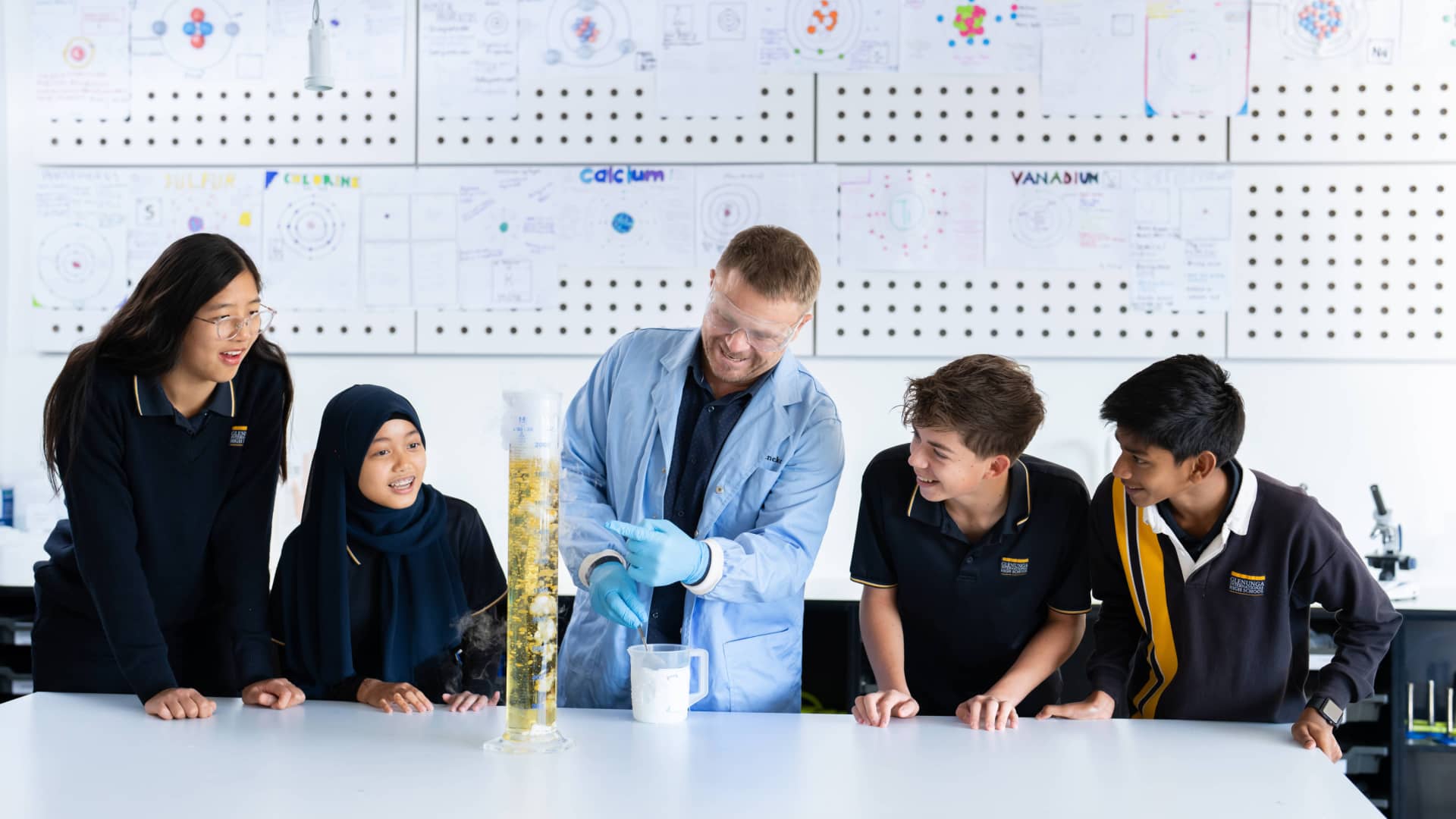Why value capabilities-based holistic education?
At Glenunga we value capabilities learning known as 5C’s as we believe in developing the whole student through holistic education.
Capabilities learning means:
- Developing the capabilities students need to thrive in the contemporary world.
- Supporting them to understand how to exercise their agency through their capabilities.
- Equipping them to use their capabilities to know what to do when they don’t know what to do, especially when faced with new challenges.
Glenunga focuses on five capabilities, that we refer to as the 5C’s. These are:
- Creative and Critical Thinking
- Collaboration
- Communication
- Citizenship
- Character
The Journey
Capabilities learning began at Glenunga in 2016 when we adopted Michael Fullan’s 6C’s. We initially started with 4C’s (Creativity, Critical Thinking, Collaboration and Communication) with the view of expanding these once capabilities learning was more established within the school.
By 2023 we had established student-led learner conferences where students reflected on their growth in each capability. We had also expanded the 5C’s by adding Character and Citizenship, and combining Creative and Critical Thinking. This combination was based on feedback from our work with the University of Melbourne (UoM) on the New Metrics project and from staff and students who found that Creativity needed further consideration and that some similar traits were embedded in Critical Thinking.

The Glenunga 5Cs
As students develop their 5Cs throughout their Glenunga learner journey they are able to demonstrate each capability in the following ways.
![]()
Creative & Critical Thinking
- Thinking things through to achieve better outcomes (i.e. new or improvements) for the individual or group.
- Critically evaluating information and arguments.
- Seeing patterns and connections, constructing meaningful knowledge, and applying and assessing it in the real world.
![]()
Collaboration
- Work harmoniously and effectively with others.
- Recognising that outcomes can be new or greater through working with others.
- Demonstrate strong interpersonal and team-related skills, including effective management of team dynamics and challenges.
- Able to make decisions together with others.
![]()
Communication
- Speaks, listens, writes, processes and demonstrates messages effectively with a purpose using a variety of modes and tools (including digital).
- Ability to tailor their message to impact a range of audiences and learning outcomes.
![]()
Citizenship
- Consider individual and societal wellbeing.
- See global issues from multiple perspectives based on a deep understanding of diverse values and cultures.
- Interactions with others demonstrate genuine interest, empathy, compassion and the ability to manage uncertainty and navigate complex real-world problems.
![]()
Character
- Ability to effectively manage and respond to emotions.
- Belief in their own capacity to successfully perform or manage learning/life.
- Understanding their impact on others.





